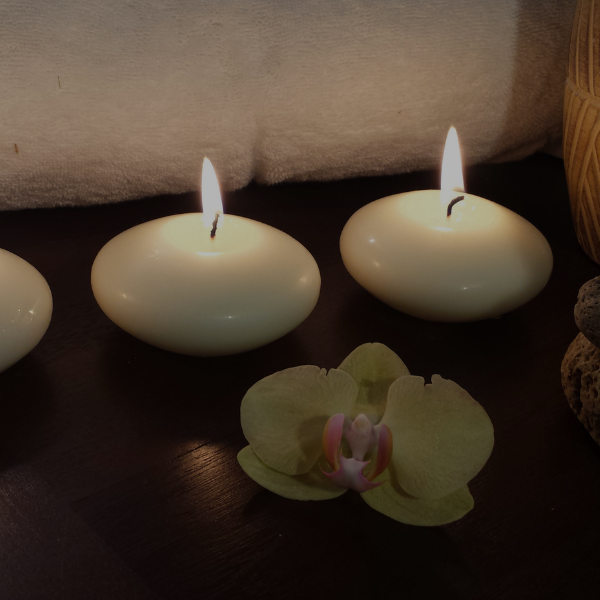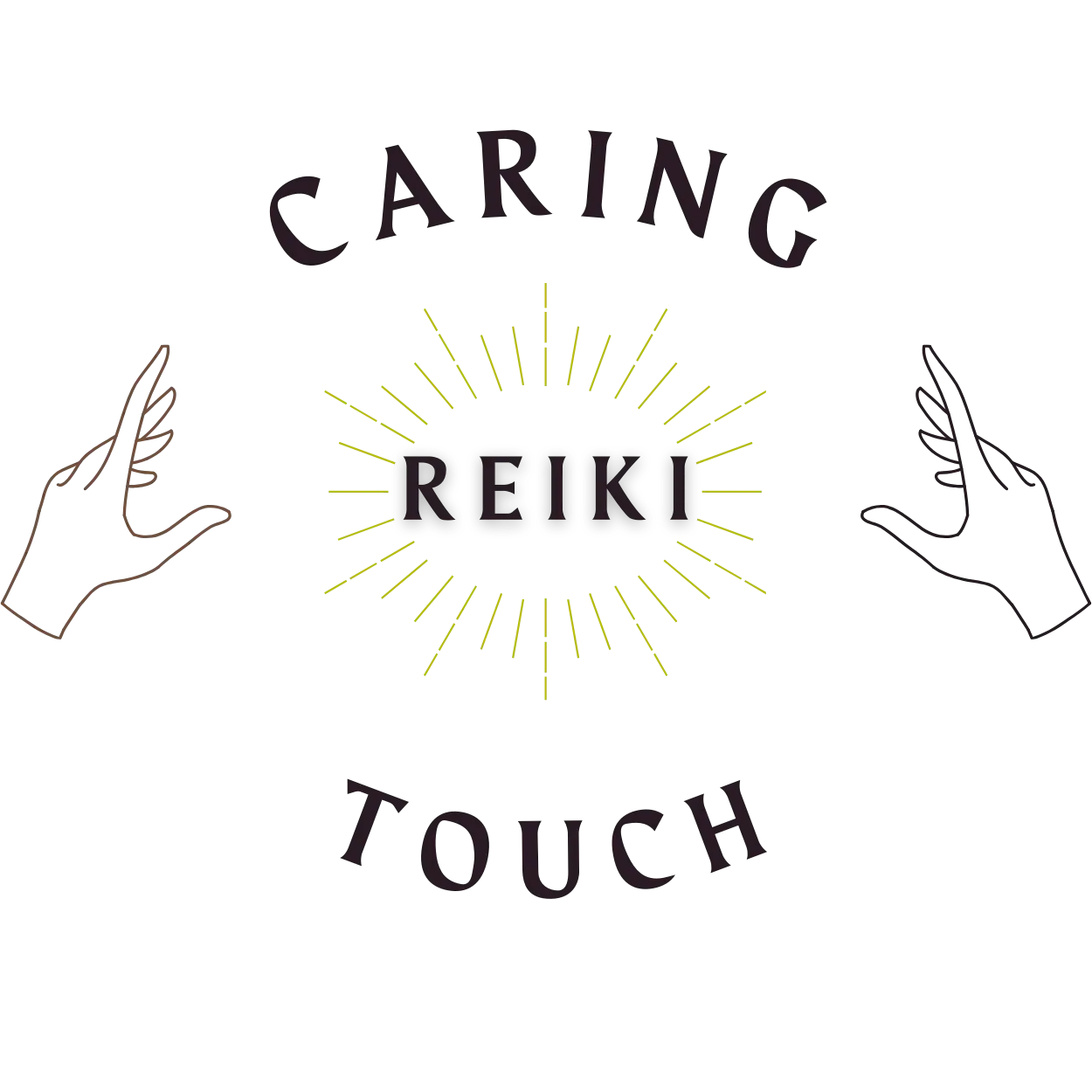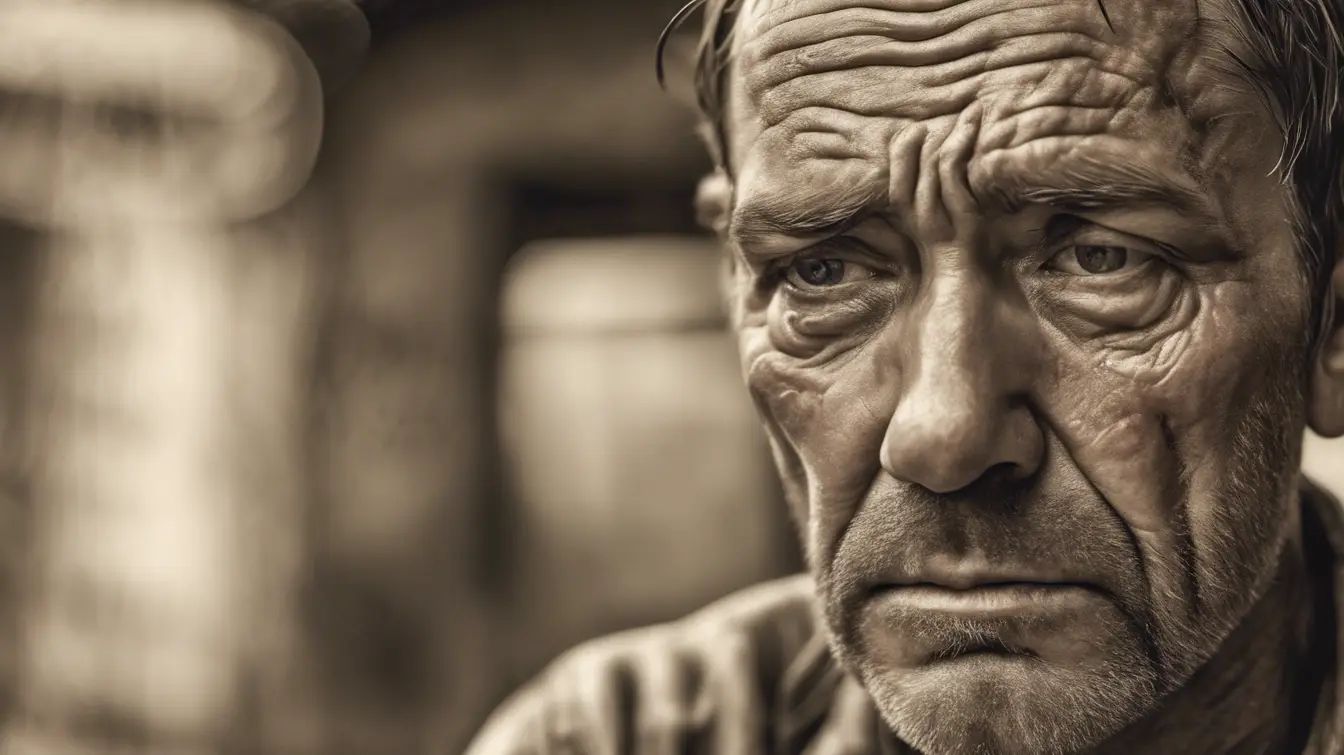Are you or someone you know grappling with chronic depression and searching for effective alternatives like Reiki or energy healing to enhance the effectiveness of traditional medications?
With recent studies suggesting that nearly 7% of adults in the U.S. experience major depressive episodes each year, it’s no wonder that many are exploring holistic approaches like Reiki, which may offer a ray of hope for those seeking relief from the heavy burden of depression.
This healing technique is gaining traction as a complementary therapy for mental health, particularly among those experiencing medication side effects or tolerance.
At Caring Touch Reiki, ‘we’ (I am a Reiki Master, my life partner is certified in Levels I, II, but mainly to Reiki himself! Self-care is more important than many realize! He is more-or-less my manager, web-designer, and biggest fan because he knows first-hand how important managing stress and energy is for everyone. It can, and eventually will, negatively affect your health and quality of life – So he has the same passion as me… Help as many people as possible!) understand the challenges you face and are here to explore how this gentle, non-invasive practice could potentially ease your symptoms and improve your overall well-being.
Understanding Reiki and Its Connection to Depression

Reiki, a Japanese energy healing practice, offers a unique approach to addressing depression.
At Caring Touch Reiki, we’ve seen firsthand how this gentle technique can complement traditional treatments.
Rooted in the belief that a universal life force flows through all living things, Reiki aims to balance this energy, potentially easing depressive symptoms. The practice involves a practitioner placing their hands lightly on or above specific areas of the body, channeling healing energy.
Many clients report feeling:
- Deep relaxation
- Reduced stress
- Improved mood
- Enhanced overall emotional well-being
While not a cure-all, Reiki may offer a soothing respite from depression’s heavy burden. My experience at Caring Touch Reiki is here to guide you through this holistic journey.
Depression Statistics: A Global and National Overview
Depression’s grip on global mental health is staggering. The World Health Organization reports that a whopping 280 million people worldwide grapple with this condition. It’s not just a distant problem; it’s right here at home, too.
In the U.S., the pandemic hit us hard. Depression rates among adults skyrocketed from 8.5% to a jaw-dropping 32.8% by late 2021. That’s a whole lot of folks struggling!
At Caring Touch Reiki, we’re all too familiar with these sobering numbers. They’re not just statistics; they’re real people seeking relief. That’s why we’re passionate about exploring alternative therapies like Reiki to complement traditional treatments.
The Impact of Reiki on Depression

I have witnessed firsthand how this gentle practice can make a real difference. Research suggests that Reiki may significantly reduce symptoms of psychological distress and depression, with effects lasting up to a year after treatment. Pretty impressive, right?
But it’s not just about the numbers. My clients often report feeling more relaxed, centered, and emotionally balanced after sessions. It’s like a weight lifting off their shoulders.
While Reiki isn’t a magic cure-all, it can be a valuable tool in your mental health toolkit. Many find it complements traditional therapies beautifully, offering a holistic approach to managing depression.
Curious to learn more? Shoot me a message – elizabeth@cariingtouchreiki.com. I’m always ready to talk Reiki!
Clinical Studies and Their Findings
Let’s dive into the nitty-gritty of what science says about Reiki and depression. Several studies have shown promising results!
One standout study found that university students who received Reiki treatments experienced a significant reduction in both anxiety and depression symptoms. Pretty cool, right?
Another research project focused on older adults living in community settings. The results? Reiki helped boost their quality of life and put a dent in those pesky depression symptoms.
At Caring Touch Reiki, we’re excited about these findings, but we also know that more research is needed. Every person’s journey with depression is unique, and what works for one might not work for another. That’s why we always recommend chatting with your healthcare provider before diving into any new treatment.
Reiki in Practice
-for-depression-1729700225.jpeg)
At Caring Touch Reiki, I have seen how Reiki sessions can be transformative for those battling depression. Typically lasting 60-90 minutes, these sessions often leave clients feeling refreshed and centered.
What can you expect? Well, it’s not all woo-woo:
- Gentle hand placement (no poking or prodding!)
- A cozy, relaxing environment
- Possible sensations of warmth or tingling
- Sometimes, an emotional release (don’t worry, we’ve got tissues!)
Many folks find Reiki complements their existing treatments beautifully. It’s like adding a dash of zen to your mental health recipe. Curious? Read on!
Treatment Sessions and What to Expect
At Caring Touch Reiki, I aim to always create a soothing atmosphere for your healing journey.
During a session, you’ll lie fully clothed on a comfy table while I gently place my hands on or above specific areas of your body. You might feel warmth, tingling, or a gentle buzzing – everyone’s experience is unique!
Sessions typically last about an hour, but I’m flexible. For Mobile sessions, I schedule 90 minutes because planning 30 minutes to create the right atmosphere, talk openly, and utilize guided meditation to begin your relaxation journey before an hour of true Reiki and chakra attention begin.
Some folks feel immediate relief, while others notice changes over time.
Remember, Reiki isn’t a quick fix, but rather a gentle nudge towards balance. Curious? Reach out to learn more about how Reiki might fit into your depression management plan.
Integration of Reiki with Conventional Therapies
I believe in a holistic approach to mental health. Reiki can work hand-in-hand with traditional depression treatments, offering a complementary boost to your healing journey. Many clients find that combining Reiki with therapy or medication amplifies the benefits of both.
It’s like adding a secret ingredient to your wellness recipe! Some folks report:
- Enhanced relaxation during therapy sessions
- Improved medication tolerance
- A deeper sense of overall well-being
Curious about how Reiki might fit into your treatment plan? Look into a complimentary 15-minute chat – whether it be Google Meet or a phone call – don’t be afraid to reach out if Reiki is a mystery to you.
I’m happy to chat about tailoring a holistic approach just for you.
The Future of Reiki in Mental Health Care

The winds of change are blowing in the mental health world, and Reiki’s riding the breeze! More hospitals and clinics are embracing this gentle practice as a complementary therapy. It’s not just woo-woo anymore, folks!
I am so excited excited about this shift! After all, I’m a registered nurse and know the healthcare field; I also have my own set of past personal experiences, so I have a personal outlook of extreme empathy in helping those in need.
We’re seeing a growing acceptance of holistic approaches in mental health care. It’s like the medical community is finally catching up to what we’ve known all along!
But hey, don’t just take my word for it. Review the Research section of my website, caringtouchreiki.com, and feel free to contact me.
Predictions and Trends in Holistic Approaches
The future’s looking bright for holistic mental health care, and Reiki’s riding that wave! We’re seeing a shift towards more integrated approaches, with traditional and alternative therapies working hand-in-hand.
At Caring Touch Reiki, I have been noticing some exciting trends:
- More healthcare providers recommending Reiki as a complementary therapy
- Increased insurance coverage for alternative treatments
- Growing interest in mind-body-spirit connections
It’s like the wellness world is finally catching up to what we’ve known all along! Curious about how Reiki might fit into your future mental health plan? Contact me.
Expert Opinions on Reiki’s Role in Mental Health
The jury’s still out, but many experts are warming up to Reiki’s potential in mental health care. Dr. Ann Baldwin, a physiology professor, notes that Reiki can trigger the relaxation response, potentially easing depression symptoms. It’s not a silver bullet, but it might be a valuable tool in the mental health toolkit.
At Caring Touch Reiki, I’ve seen firsthand how this gentle practice can complement traditional treatments. Some therapists are even incorporating Reiki into their sessions, creating a holistic approach to healing.
Conclusion
Reiki’s potential benefits for depression offer a glimmer of hope for those seeking alternative therapies. While not a cure-all, this gentle practice may complement traditional treatments, providing a holistic approach to mental wellness.
As research continues to unfold, Reiki’s role in mental health care looks promising. Ready to explore how Reiki might support your journey?

Stress builds inside of us, and we are all in need of self-care. There is no denying our stress. Please don’t feel guilt in longing for self-care. Without taking care of ourselves, we cannot properly achieve our goals, nor give full love and care to others.
Please visit my site or send me a message should you wish to learn more. Thank you for spending your time with me.
elizabeth@caringtouchreiki.com

